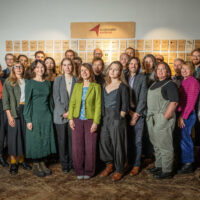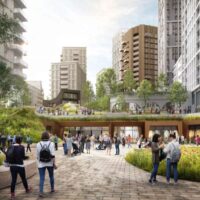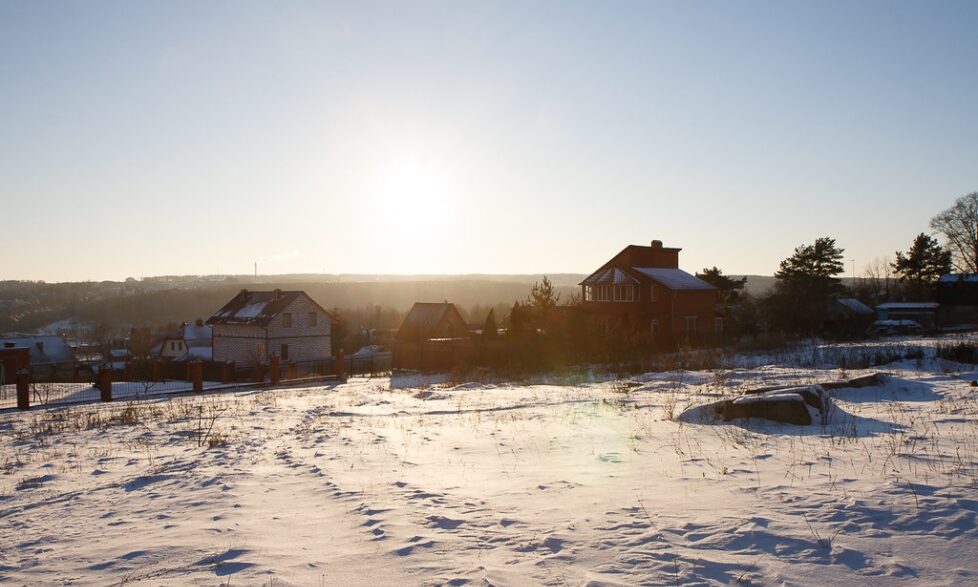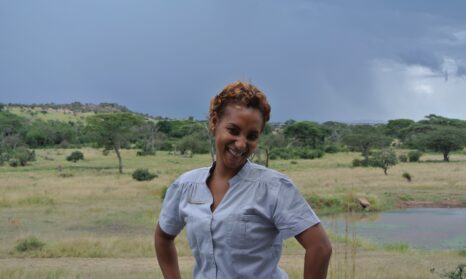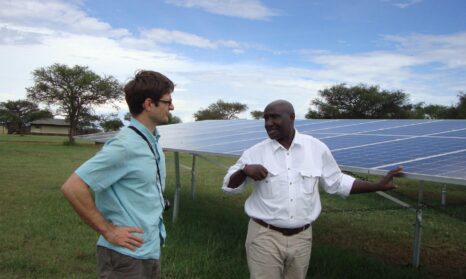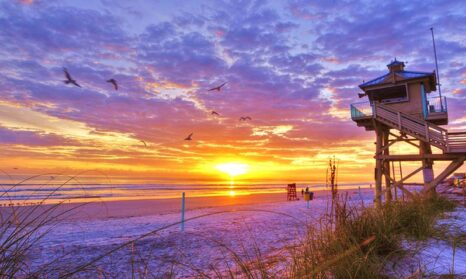"The biggest challenge is to change the minds of millions of adults" - Svetlana Duving, One Planet Living Champion
The Russian town of Tarusa, 86 miles from Moscow, is part of our 'One Planet Cities' programme. We recently caught up with Svetlana Duving - founder and CEO of Russia’s National Agency for Sustainable Development (NASD) - to find out more about her background, what led to her using One Planet Living® and the progress that is being made in transforming Tarusa.
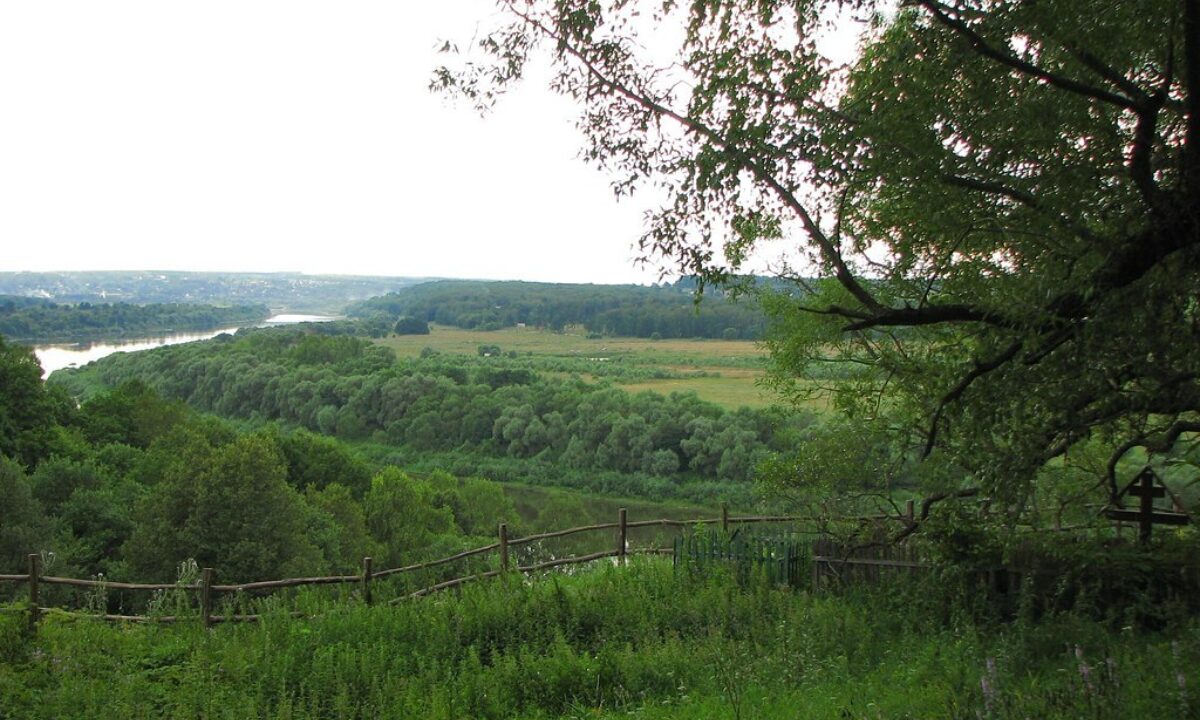
Can you tell us about your background?
I lived and worked in Moscow from 2003 until 2017 as a philologist (studier of languages) and journalist, and then studied public and government relations. I worked for an architectural newspaper, which gave me great experience and connections with Russian architects, contractors and urbanists.
In 2009, I met Guy Eames and he introduced me to the world of green architecture. Guy founded Russia’s first non-commercial organisation dedicated to green building, the RuGBC, and it was there that we worked together for the first time. After this, I founded a new non-commercial organisation, Russia’s National Sustainable Development Agency (NSDA), where I am currently CEO.
In the NSDA we developed our work in three core areas:
- Tours: over 10 years we have organised about 60 educational tours for Russian architects and contractors to green cities and green districts
- Media: we created Green City - the first, and currently only media site dedicated to sustainable development of cities and towns
- Events: for many years, we organized a festival of green architecture and eco-lifestyles: ECOTEKTONIKA and the National Architectural Awards
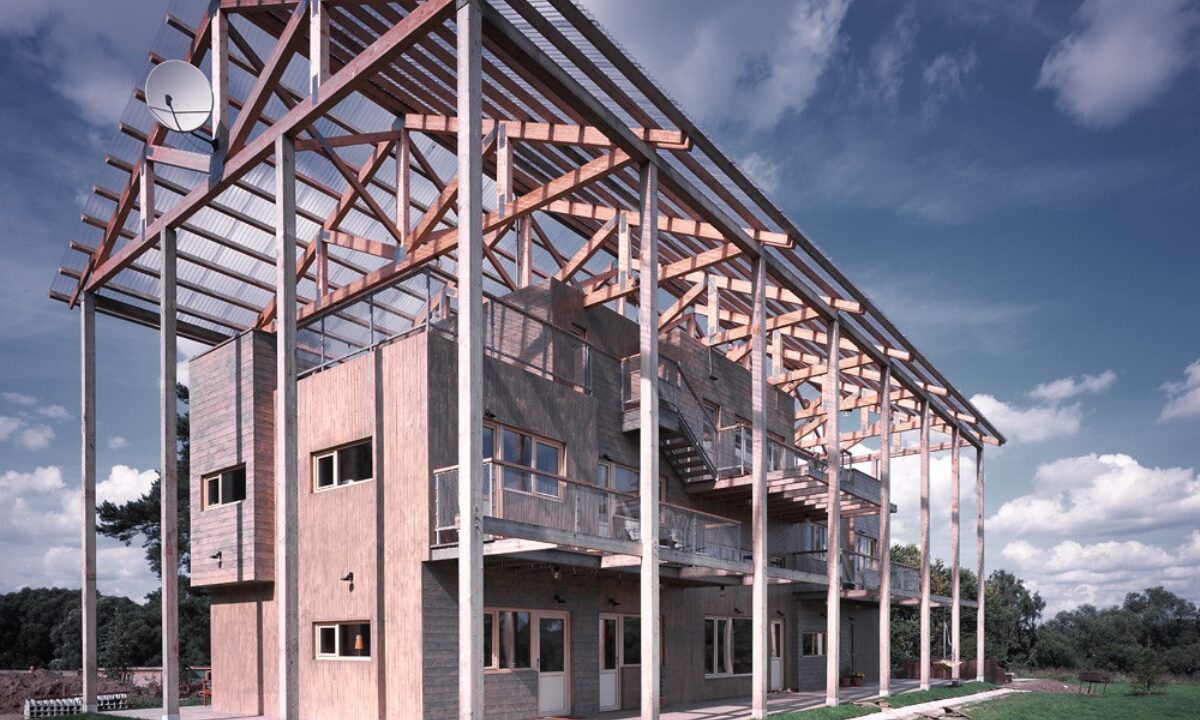
One Planet Living is exactly what we have been looking for, it offers us the framework to bring together so many local initiatives – with a focus on the ecological footprint, which is so often ignored. Whilst creating better local lives we want to preserve the heritage of Tarusa, with its wooden houses, picturesque river and pristine forest and air.
Svetlana Duving
How did you get into sustainability and the environment?
Working as a journalist was action-packed and interesting, but I always wanted to do something more fulfilling. The world of green building and sustainable development gave me the meaning I had been looking for. When I read more around the environment, it all started to make sense — when humanity is going from one stage of civilisation to another, systems and cultural values will, by necessity, be transformed.
How long have you been in Tarusa?
Our family moved to Tarusa from Moscow at the beginning of 2017. It was quite a change going from a metropolis of 15 million people to a town of just 10,000 inhabitants!
I started some local projects in my neighbourhood, which is the tourist centre of Tarusa. We opened a summer cafe, made a cinema in my own garden, and we’re now in the process of developing original guesthouses in our garden.
I wanted to push things further, so I helped form a working group, which included local stakeholders and Moscow experts, and from this we developed a strategy to make Tarusa ‘the first Russian eco-town’.
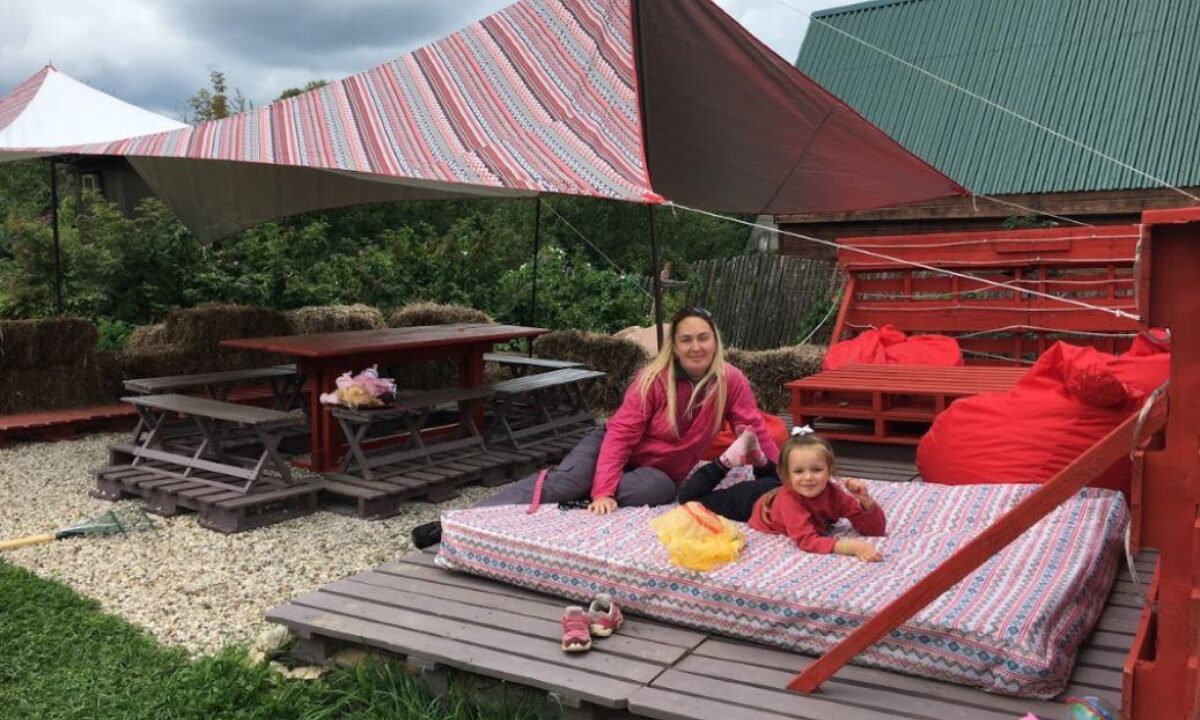
In 2017 we conducted a strategic analysis of Tarusa, creating a mission, general aim and a list of tasks. But we needed a better framework to guide our aims and didn’t have the resources to employ economists and city-designers or involve a wide range of Tarusa residents.
Despite setbacks, Sergey Manakov (the local deputy at the time and now mayor) convinced other deputies to accept the strategy. In 2018, Manakov tasked me with initiating the strategy, but I didn’t know how to realise it. I then remembered the One Planet Living framework, which I’d discovered through my work with Guy, and I decided to use it to inform our strategy. I organised some events and taught local stakeholders how to implement the One Planet Living framework within their own ‘communities and businesses’.
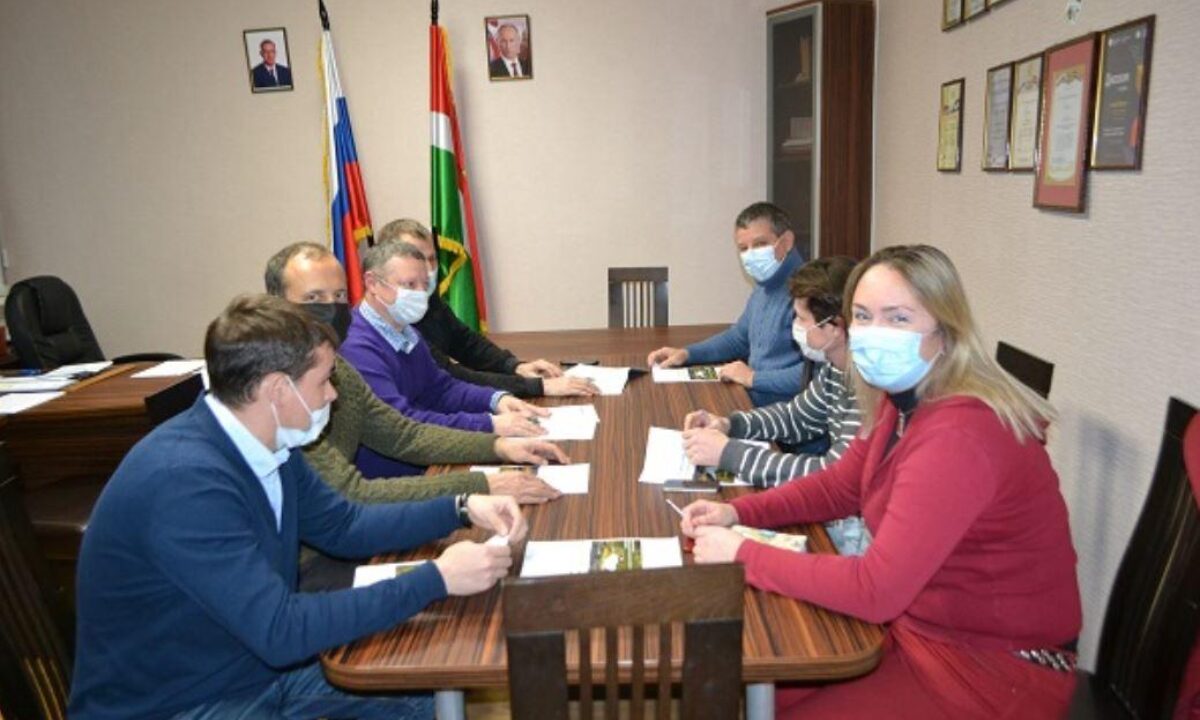
How groundbreaking is Tarusa? What's the general picture on town and city councils driving sustainability within the region/Russia as a whole?
Tarusa is a hotbed of sustainability activism. Its radical roots can be traced back to the Soviet era, when activists and those deemed ‘undesirable’ were restricted from living within a 100km radius of large urban areas, and conveniently, Tarusa lies just over 100km from Moscow!
For years now, Tarusa has been a town of change, with a diverse economy based on tourism, art and science. The Kaluga region in which it is situated has attracted many foreign investors, bringing jobs and prosperity. Tarusa itself is a melting pot of ‘dachniki’ (summer houses), with many celebrity visitors from Moscow, who have fallen in love with the stunning views, clean air and artistic atmosphere.
The town council is young and ambitious, with debates taking place on renaming streets from their Soviet names to pre-revolutionary ones, banning cars from the central square, introducing recycling and the role that tourism should play. Grant funding is breathing life into community spaces and infrastructure such as footpaths along the riverfront, a new tourist information office and events space. A revamped children’s library opened in time for a socially distanced Christmas market – complete with an outdoor skating rink, sponsored by the local spa resort, which is a huge supporter of One Planet Living.
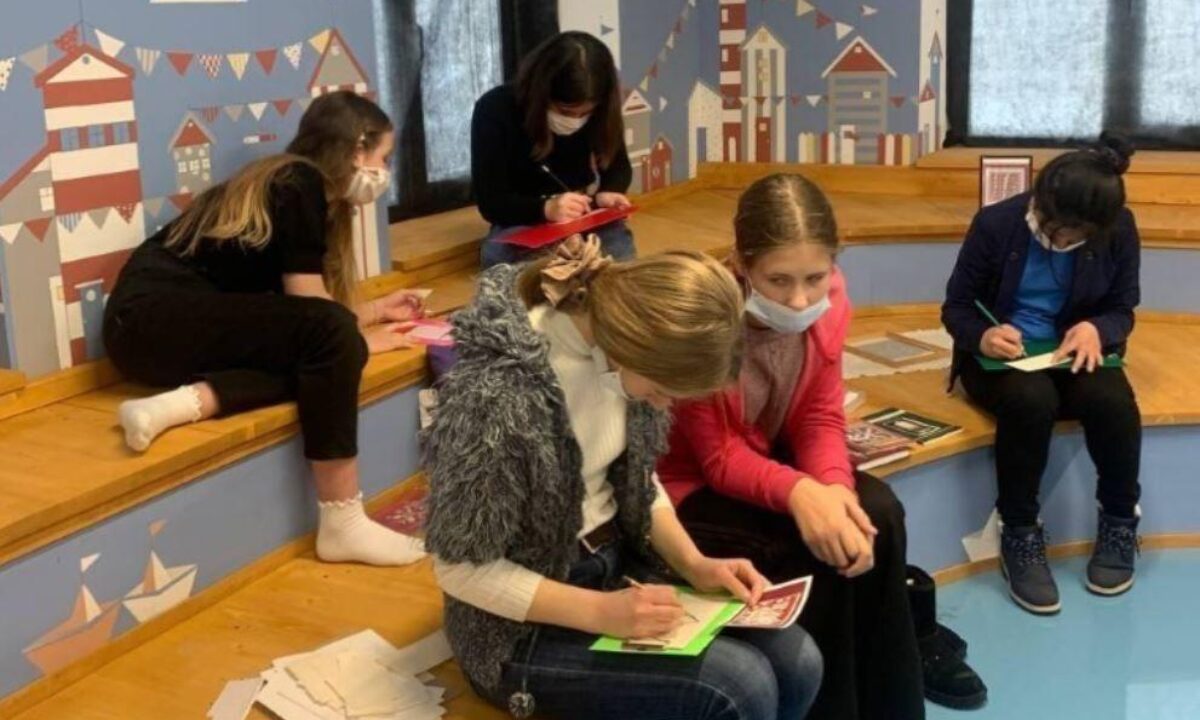
What have you achieved so far?
Following the election of Mayor Manakhov in December 2020, we presented the One Planet Living framework to his team and him. It was then officially adopted as the city’s framework tool. Since then, we’ve completed two One Planet Living Action Plans – one for the City Administration, and one for Welna, which is an eco-spa hotel, as well as being the largest tourist complex in Tarusa.
We've also been conducting a lot of stakeholder engagement through extensive virtual meetings and phone calls. We recently met with the zero-waste working group, and the municipality will be granting us a site specifically for use as a community recycling point - a great initiative led by a local biology teacher.
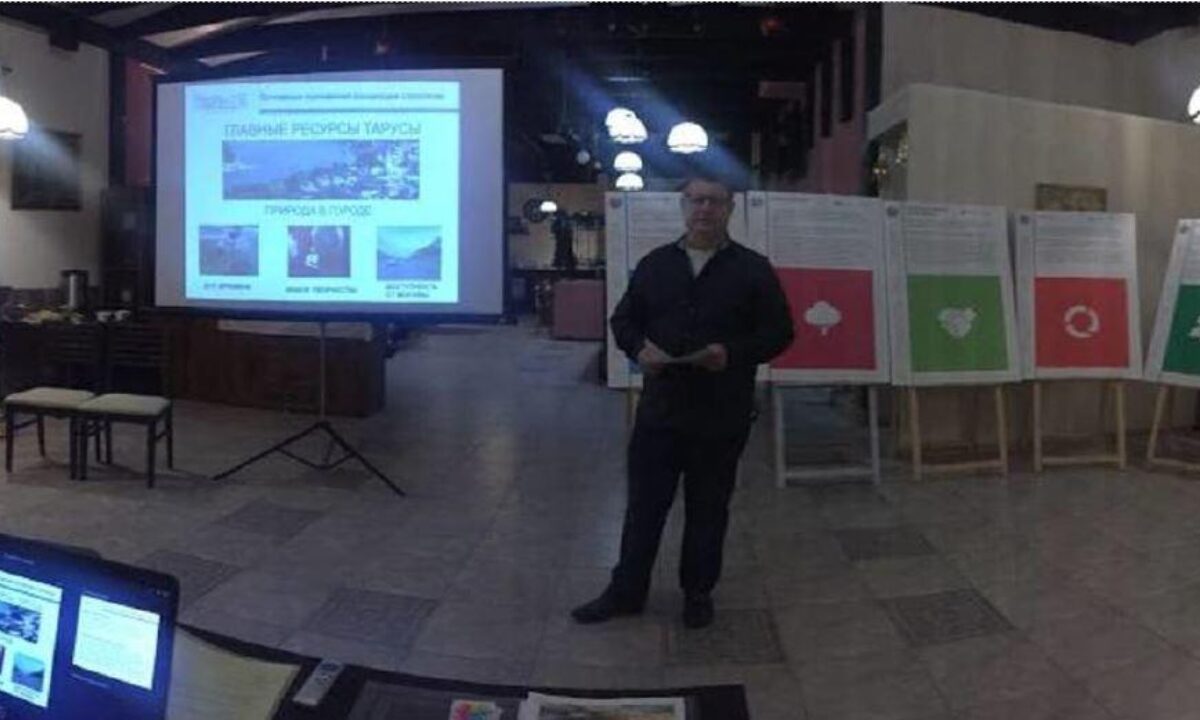
Mayor Manakhov was also recently invited to Moscow to present at a National event for Sustainable Tourism, which was broadcast to 3500 participants. Part of his presentation was about the vision of One Planet Living in Tarusa, so it was exciting to reach so many important people. In December we held our latest and largest meeting with multiple stakeholders and the author of the urban development plan was brought in to present.
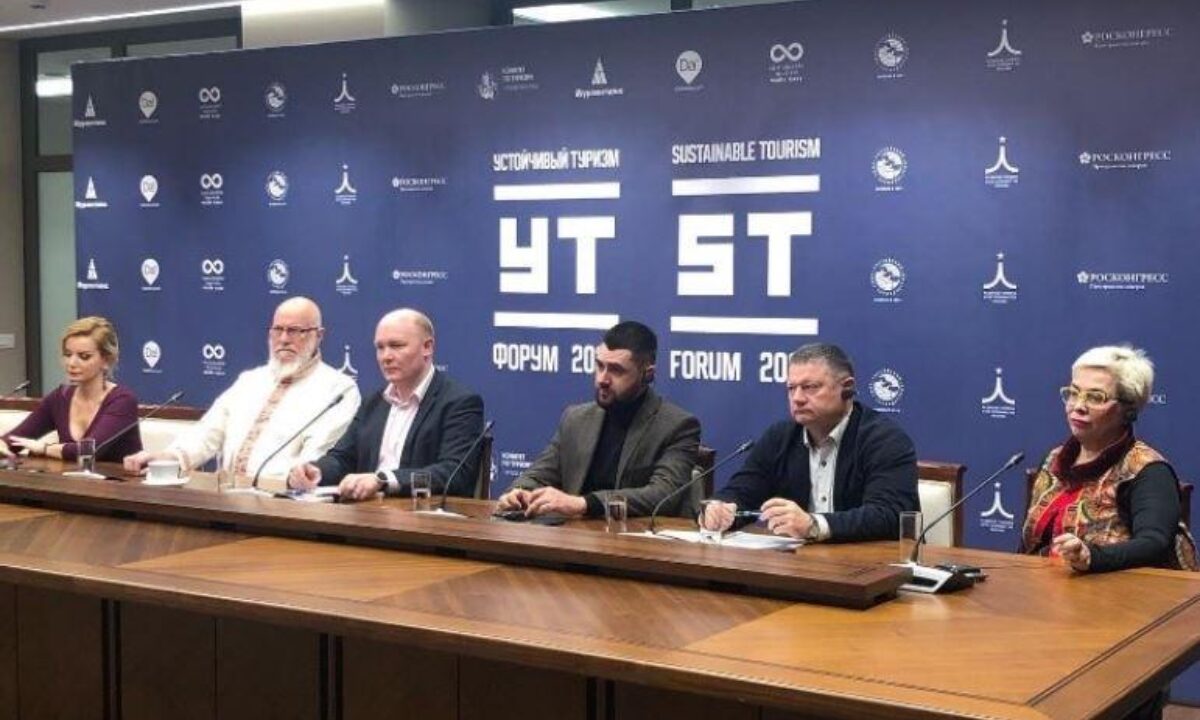
The biggest problem for sustainability experts is how to change the minds of millions of adults who already have a certain worldview
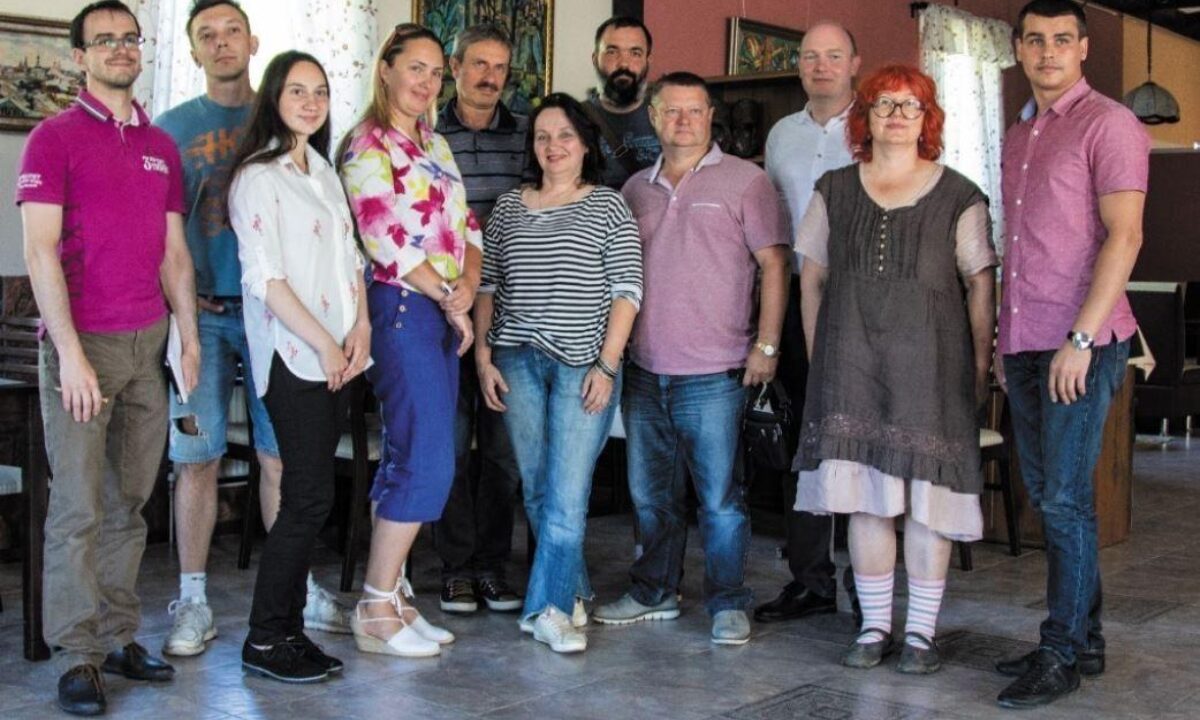
Lastly, what led you to using One Planet Living and to be involved in the One Planet Cities programme?
The biggest problem for sustainability experts is how to change the minds of millions of adults who already have a certain worldview. The concept of sustainability is often presented in too complex or difficult a way for ordinary people to understand. But it is important to tackle this because these people are the ones making important life and work decisions.
One Planet Living is the best framework for changing people’s minds. It uses simple words and provides a methodology for how to work with people. For me as an expert in sustainable development/cities, it is interesting to use it, and with its help, enable truly sustainable development in Tarusa.
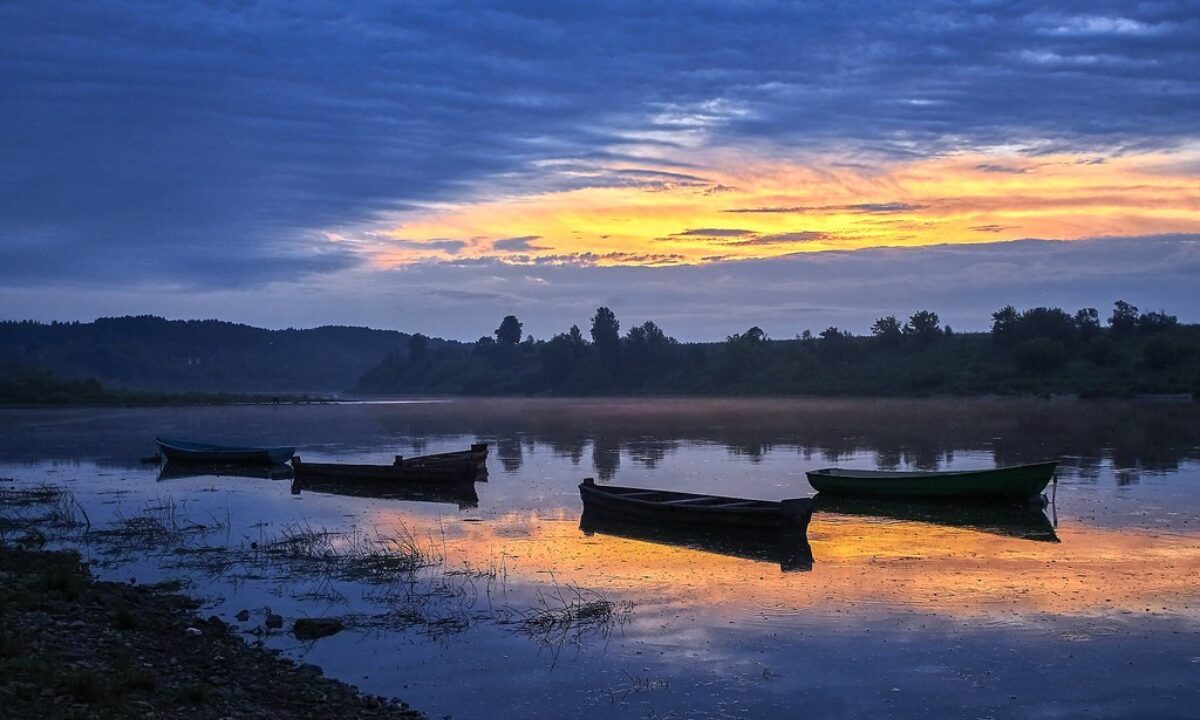
Learn more about One Planet Living.
Tarusa’s involvement in the One Planet Cities project is supported by the UK’s Foreign & Commonwealth Office through a grant for “Catalysing growth for sustainable communities through UK-Russian collaboration.” Partnering in the initiative is UK-based Planet 2030 Ltd and Russia’s National Agency for Sustainable Development (NASD). Bioregional’s One Planet Cities project is funded by the KR Foundation.
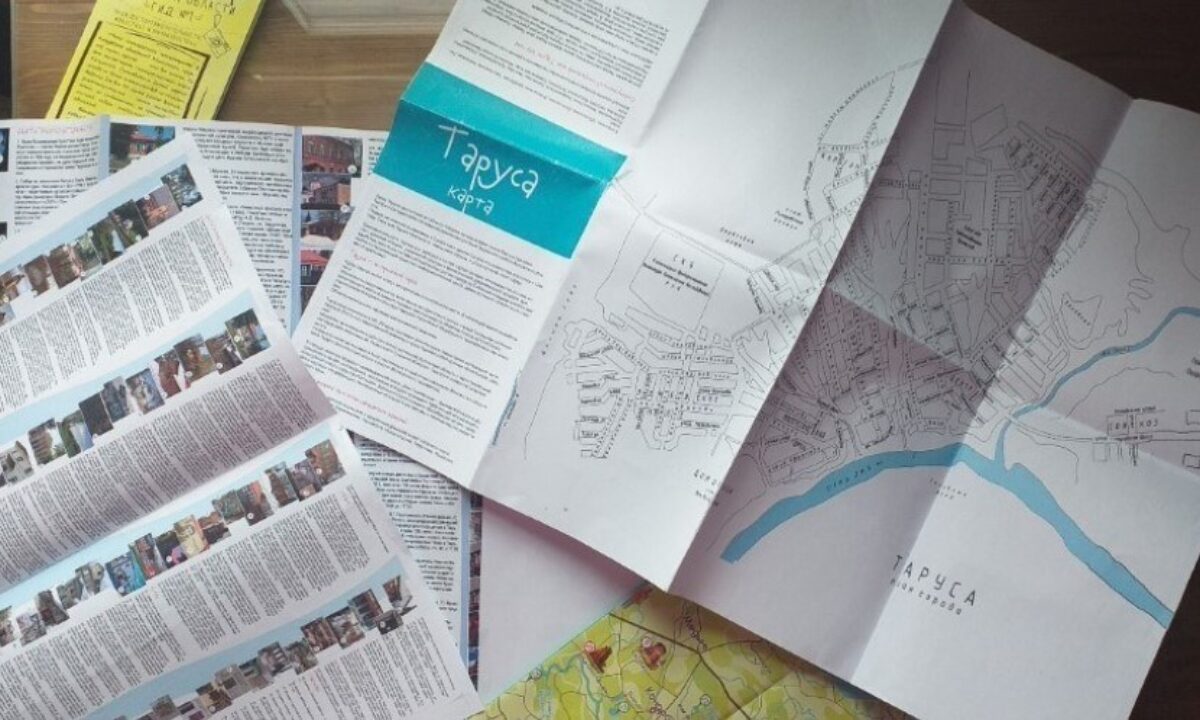
Photographs courtesy of Svetlana Duving, Guy Eames and Planet 2030.
Additional images used under creative commons licences:
"Tarusa town in December" by Petr Magera is licensed under CC BY 2.0
"Resting in peace" by guldfisken is licensed under CC BY 2.0
"Tarusa 4" by Yuri Palmin is licensed under CC BY-NC-SA 2.0
"At dawn" by Staropramen1969 is marked with CC PDM 1.0
